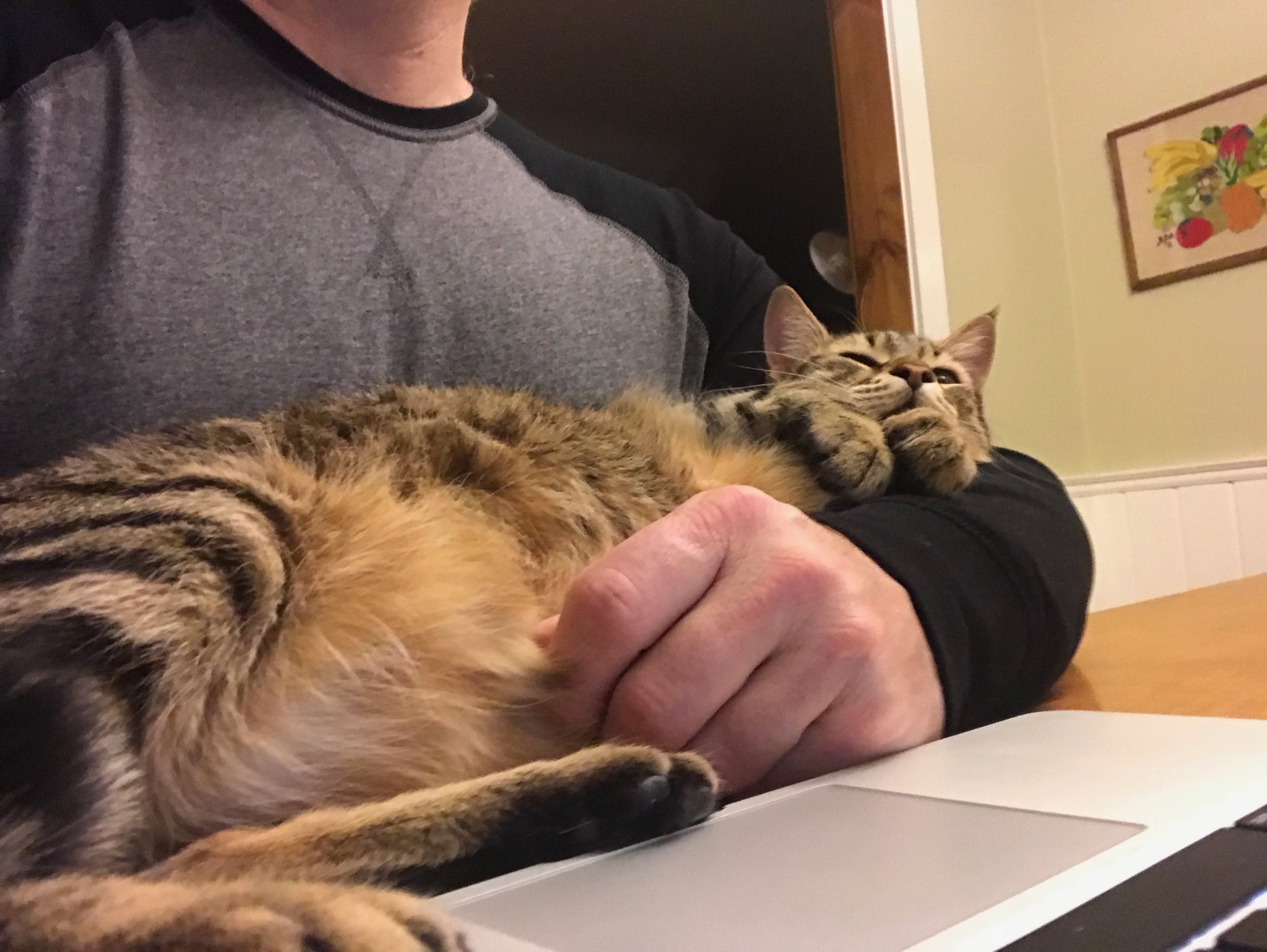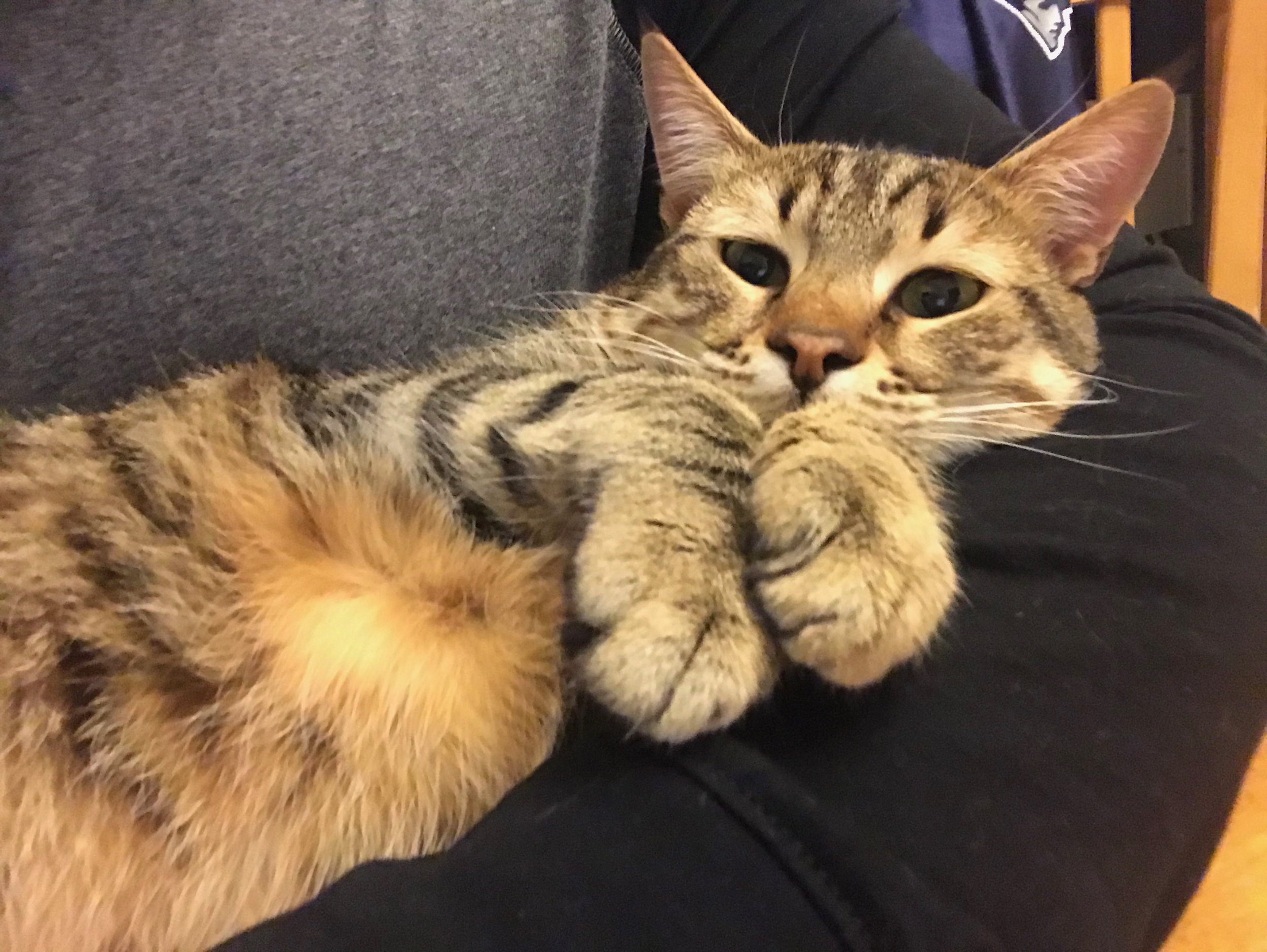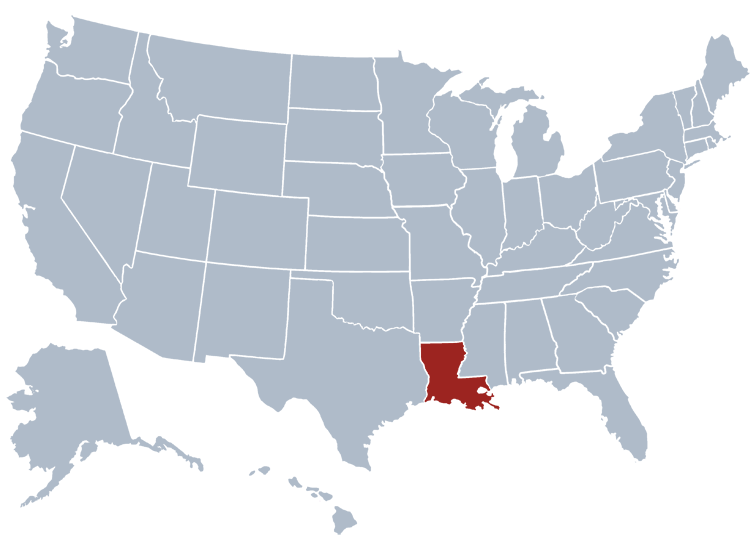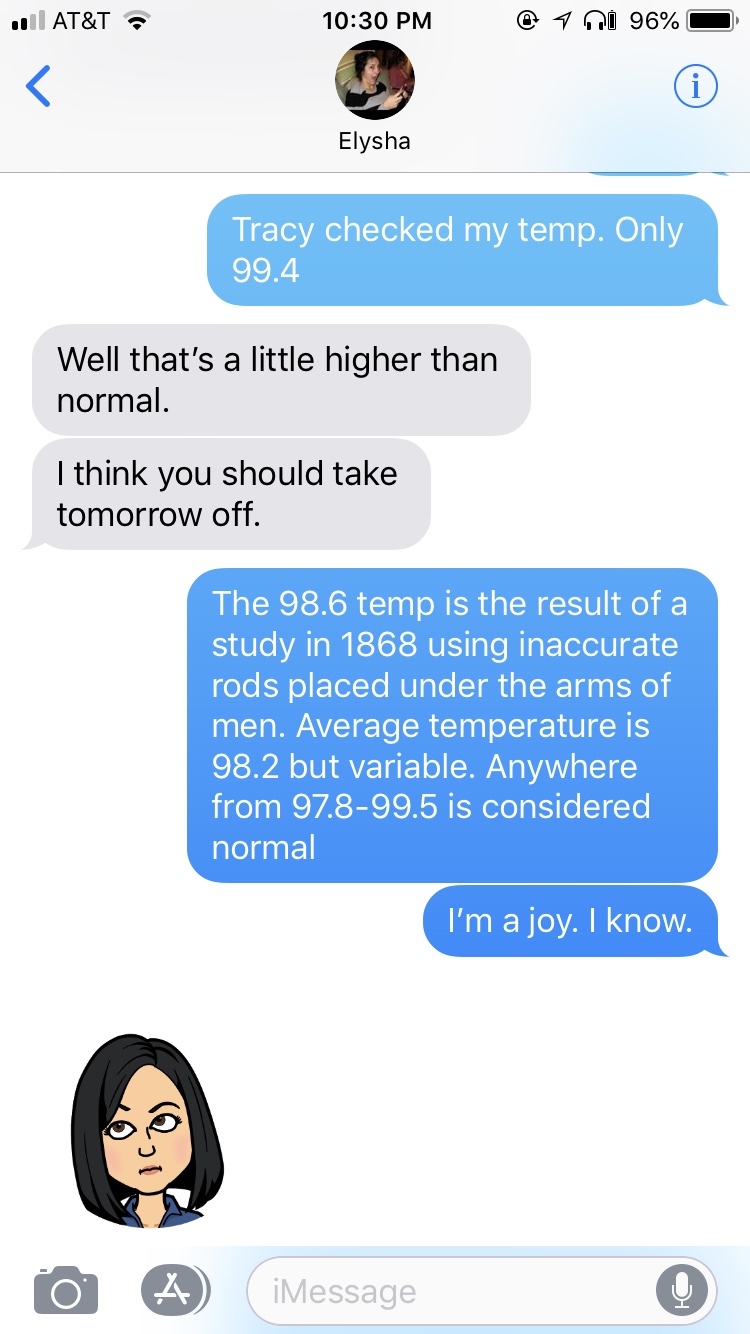Bad news for all you non-teetotalers:
There's no amount of liquor, wine or beer that is safe for your overall health, according to a new analysis of 2016 global alcohol consumption and disease risk.
Alcohol was the leading risk factor for disease and premature death in men and women between the ages of 15 and 49 worldwide in 2016, accounting for nearly one in 10 deaths, according to the study, published in the journal The Lancet.
Those deaths include alcohol-related cancer and cardiovascular diseases, infectious diseases such as tuberculosis, intentional injury such as violence and self-harm, and traffic accidents and other unintentional injuries such as drowning and fires.
For someone who drinks on only the rarest of occasions, this was great news. Not that I wish ill will upon all my alcohol-drinking friends, but validation of your chosen lifestyle is always appreciated.
If only the same thing could be found to be true about vegetables.
Though it’s great to hear that avoiding alcohol might be good for my health, here’s another reason why I’m glad I almost never drink:
Last week I was the first responder to a serious vehicular accident. I was sitting in my car, waiting in line at a traffic light in front of a McDonald’s restaurant. In addition to several other cars waiting for the light, there was a large truck, and then a motorcycle, and then me, lined up in a row, waiting for the light to change.
The motorcycle was partially blocking the entrance to the McDonald’s parking lot.
A car traveling in the opposite direction turned left in order to enter the McDonald’s parking lot and apparently failed to see the motorcycle between the truck and me. As a result, the car plowed right into the motorcycle, throwing the rider - who wasn’t wearing a helmet - onto the pavement and under his bike.
It was not good.
The driver of the car veered right, nearly hitting my car before screeching to a halt, but she did not exit her vehicle. Being the one closest to the accident and the only real witness, I put my car into park and jumped out, running to the man. His head, face, and hands were bloody, and he was in an enormous amount of pain. His leg was probably broken, and there were likely other injuries as well.
It was a bad scene.
I managed to get him out from under his bike when an off-duty police officer who was inside the McDonald’s appeared and immediately took charge of the scene. I assisted for a bit, holding a tee shirt over the man’s head wound, but the paramedics and police were on the scene in just a couple minutes, moving me away and thanking me for my assistance.
I gave a brief statement to a police officer about the accident and then returned to me car, blood still on my hands and forearms.
It was a scary scene, capable of traumatizing anyone, but being a sufferer of PTSD, I knew that it was going to create problems for me for quite a while.
I could already feel it in my bones.
When I told my friend, Shep, about the accident the next day, the first thing he said was, “That’s not good for yourPTSD. Huh?”
It’s good to have friends who understand you so well.
Elysha and the kids were gone for the weekend, which meant that I would be home alone that night and the next, making things even more difficult.
After arriving home and showering off the man’s blood, I suddenly and surprisingly found myself wanting to drink. For the first time in well over a decade, I had the genuine urge to consume alcohol. Rather than dealing with what I had just witnessed and all that it had stirred up inside me, my sudden desire was to numb the pain with alcohol.
I think the prospect of being alone for the next 48 hours had a lot to do with it.
But as I said, I don’t drink. Except for the occasional champagne toast, I rarely consume alcohol anymore. So even though I suddenly found myself wanting to drink, the fact that I’m not really a drinker made this desire to drink surprising, odd, and inexplicable but not realistic.
It’s just not a thing I do.
My sudden desire to drink probably wasn’t very different than the person who has a tough day at work and goes home for a glass or two of wine. Or the person who receives some bad news and ends up at the bar, downing a few beers with friends. Or the person who attends happy hour on a Friday as a means of blowing off a little steam.
All perfectly normal.
My desire was to avoid confronting the issues that the accident has caused within me. I didn’t want to think about the man, his blood, his screams, and all the things from my past that the accident had unearthed. While my desire to drink made some sense, alcohol would’ve only delayed my processing of these issues.
So instead, I dealt with my issues in the way I have been taught. And yes, I suffered some nightmares. I also found myself locking doors in the middle of the day. I had difficulty moving from room to room in my house that night. The ringing of the phone startled the hell out of me.
I was more than on edge for a few days.
But I dealt with it. I processed it and moved on. I was able to push aside any desire to relax with a couple drinks (or more) because I don’t drink.
This isn’t an indictment on people who do drink. Most of my friends drink to some degree.
Most of my friends don’t also suffer from PTSD.
But I’ve also always been someone who has avoided potential problems like these whenever possible. I’ve never used an illegal drug in my entire life for the same reason. Though I had many, many opportunities to experiment with drugs throughout the years, I always said no, fully aware of the potential devastation that drugs can cause.
Many people began their drug addiction through the desire to simply experiment. I wasn’t ever going to run that risk.
While I’m not opposed to the legalization of marijuana and have no issue with anyone who wants to use it recreationally, I don’t see myself ever using it. Why run the risk of finding myself wanting or needing it at some point?
When my doctor proposed that I go on a cholesterol-lowering medication because my cholesterol was slightly elevated, I opted to change my diet instead. I ate oatmeal for lunch for an entire year and lowered my cholesterol by 50 points. I didn’t want to become dependent on a medication that was avoidable with a change in behavior and a hell of a lot of fiber.
So it’s good news that my avoidance of alcohol might turn out to be a very healthy choice, but for me, it’s always been more about the freedom from ever wanting or needing to drink.
I’ve never wanted to be the person who needs a glass of wine to relax. Or a few beers to have a good time.
Or something to numb the pain of trauma.





























